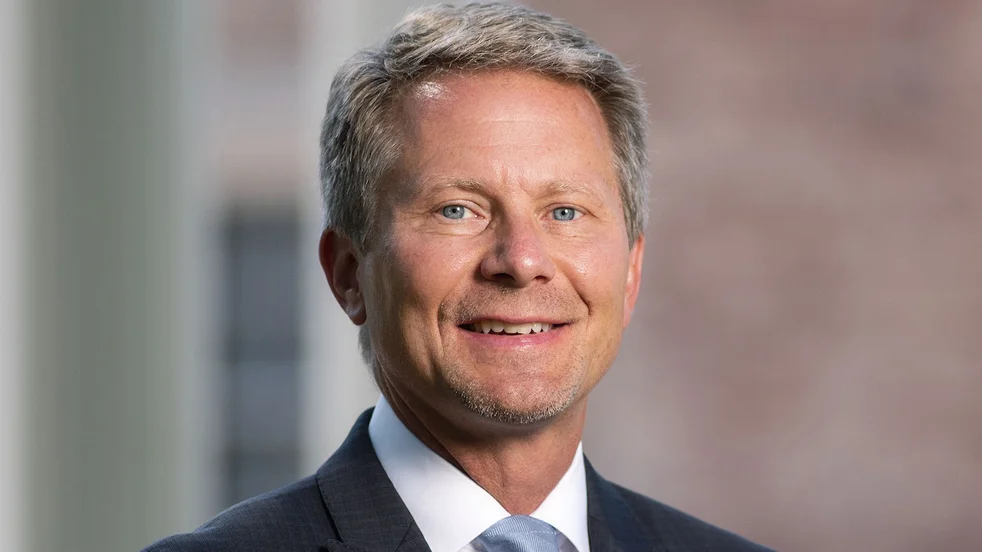Kevin M. Guskiewicz President at Michigan State University | Official website
Kevin M. Guskiewicz President at Michigan State University | Official website
A report by Michigan State University's Education Policy Innovation Collaborative (EPIC) indicates a rise in the number of teachers entering Michigan's workforce, despite ongoing issues with teacher turnover and credential mismatches. Over the past three years, new teachers have outnumbered those leaving the profession. However, the rate of teachers exiting remains high compared to the last decade.
The study reveals that turnover rates have begun to stabilize since 2023-24 but are still higher than pre-pandemic levels. The workforce is expanding yet appears less stable than before COVID-19. Early-career educators now constitute a larger portion of the workforce, with many holding interim or temporary credentials. In 2023-24, 8% of teaching assignments were filled by trainees under such credentials.
"For this recent growth to have a lasting impact, it will be critical that new teachers — especially those who are still trainees — receive the support they need to succeed and stay in the profession," said Tara Kilbride, EPIC's interim associate director and lead author of the report.
Initial certification rates rose significantly in 2023-24 due to alternative-route and out-of-state preparation programs, showing a 28% increase from the previous year. Despite fewer overall certifications compared to a decade ago, more certified teachers are now working in Michigan public schools within a year.
The report highlights ongoing challenges in special education, where initial certification declines persist longer than other areas. Special education has a vacancy rate of 3.2%, with many districts reporting over 10% vacancies in these positions.
Rural districts face severe shortages due to smaller size and limited local teacher supply. Teachers tend to work near their hometowns, emphasizing the importance of local recruitment efforts.
State Superintendent Michael Rice acknowledged Michigan's national recognition for addressing teacher shortages but stressed further action is needed. "On the Michigan Department of Education’s recommendation, the legislature and governor have appropriated $1.1 billion... These investments are beginning to pay off and must continue."






 Alerts Sign-up
Alerts Sign-up